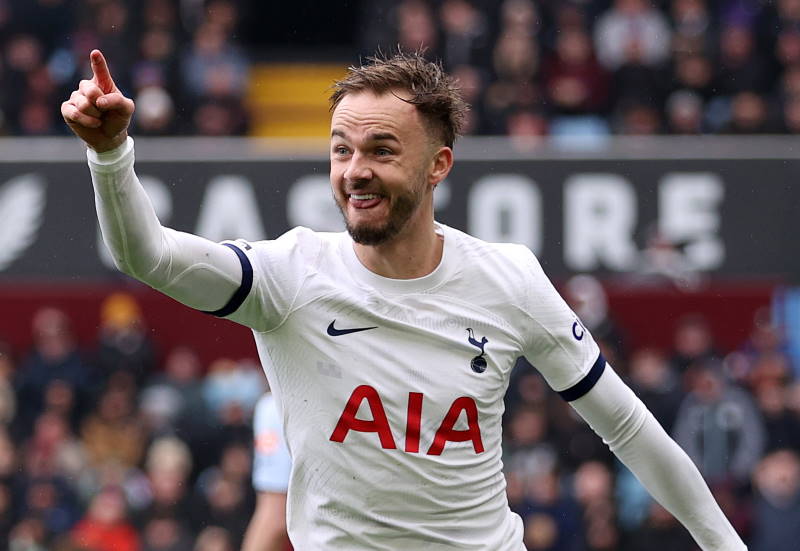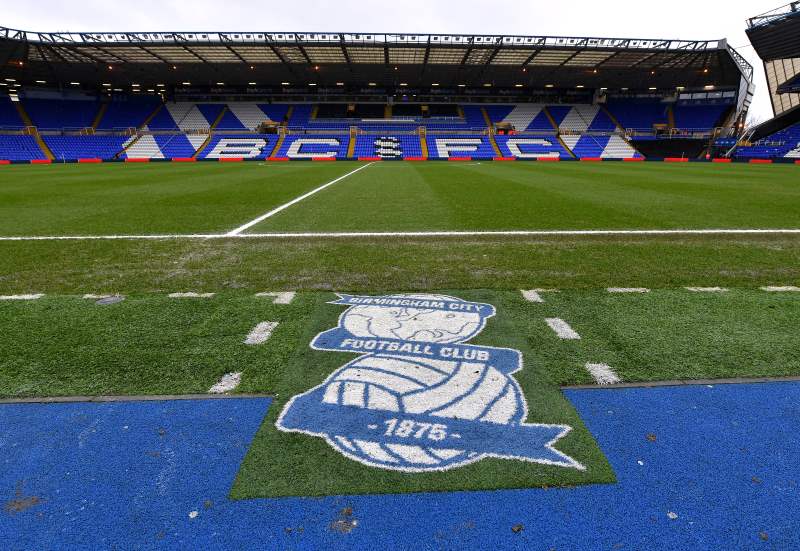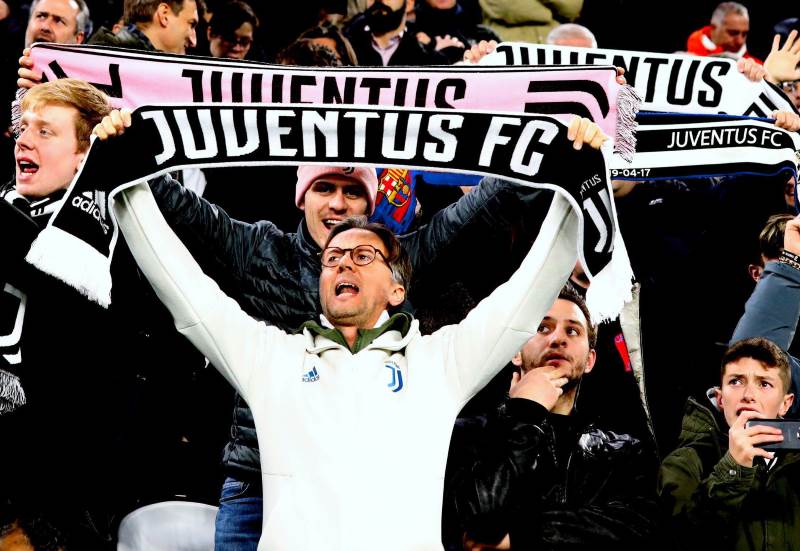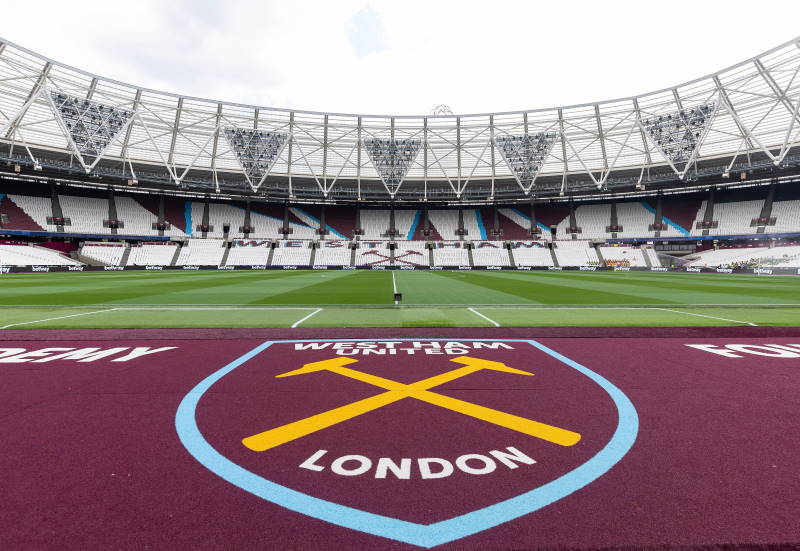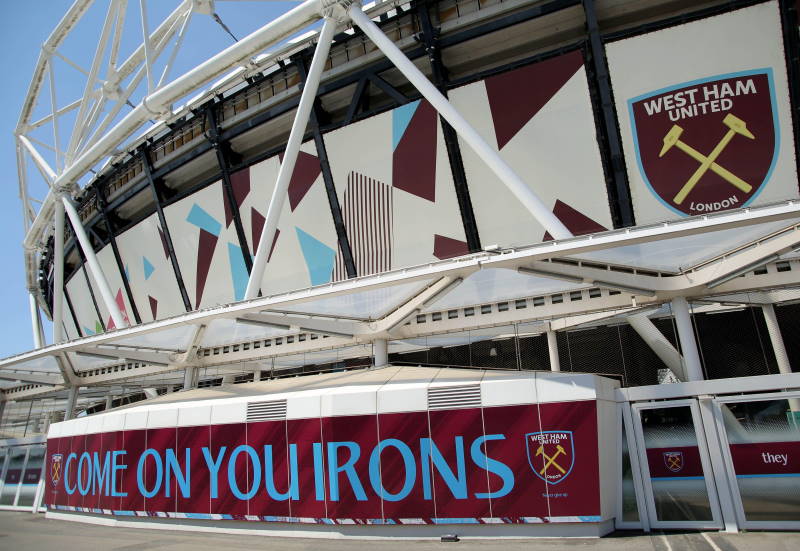 [kalooga-img]
[kalooga-img]
After a winless run of seven matches, Leeds United had fallen to 18th in the Championship table and were six points above the relegation zone. The club’s long-suffering fans, already jaded by almost a decade of Ken Bates as chairman, had endured six months of protracted takeover talks and, for a second year, a lack of investment during the summer was threatening to derail a promotion push.
Finally, on 21st November, a long-awaited statement appeared on the club’s official website confirming that Dubai-based private equity group, GFH Capital, had agreed a 100 per cent takeover of Leeds United.
The deal would see a month-long transitional period, with GFH Capital chief executive, David Haigh, joining the club’s board immediately and fellow directors Hisham Alrayes and Salem Patel arriving on 21st December, when the takeover will go through.
Bates will remain as chairman until the end of the season before taking on the role of honorary club president, much to the anger of a section of Leeds supporters, including the Leeds United Supporters Trust.
However unpopular Bates’ continuing link with the club, the immediacy of the takeover in turning Leeds’ fortunes around is staggering.
Shortly before the emergency loan window closed, Leeds acquired Swansea City defender Alan Tate and West Brom winger Jerome Thomas, who both went into the squad for the match against top-of-the-table Crystal Palace.
The duo were instrumental in the 2-1 victory which got Leeds’ stuttering season up and running and was followed by a midweek win over Leicester City, the club’s first midweek league victory in a year, and another three points against big-spending neighbours, Huddersfield Town. However, the winning run came to a sudden stop with a 3-1 reverse away at Derby County.
Much has been written about Leeds’ new owners and their accounts have been picked through with the skill of a forensic investigator.
The main argument of the critics centres on how GFH Capital is able to fund a reported £52M takeover of Leeds having made only a nominal profit in the last financial year and amid suggestions that the company may struggle as a ‘concern’ going forward.
Whatever the terms of the takeover, GFH Capital has already pumped funds into strengthening the first team and has given manager, Neil Warnock, the green light to identify targets for the January transfer window.
Rather than handing over a blank cheque or a war chest of millions to spend in the winter window, Warnock has instead made securing current loan quartet, Michael Tonge, Ryan Hall, Jerome Thomas and Alan Tate a priority as well as signing El Hadji Diouf to a long-term deal, a modest request in comparison to some of the spending by other Championship outfits.
For much of the past 10 years, the main worry of Leeds fans has been a perceived lack of investment in the playing squad, but by helping secure a number of signings since the summer GFH Capital has shown a commitment to changing this.
If Leeds can continue their current rich vein of form and make good use of the January transfer window, then 2013 could be the year when Yorkshire’s sleeping giant awakes.
Premier League football will bring further wealth to the club’s new owners, who have taken over a team running at a profit, and will allow for ambitions such as buying back Elland Road and the club’s Thorp Arch training ground to be realised.
For the fans it will mean an end to Leeds United’s wilderness years and a return to English football’s top table.
[kalooga-article]

